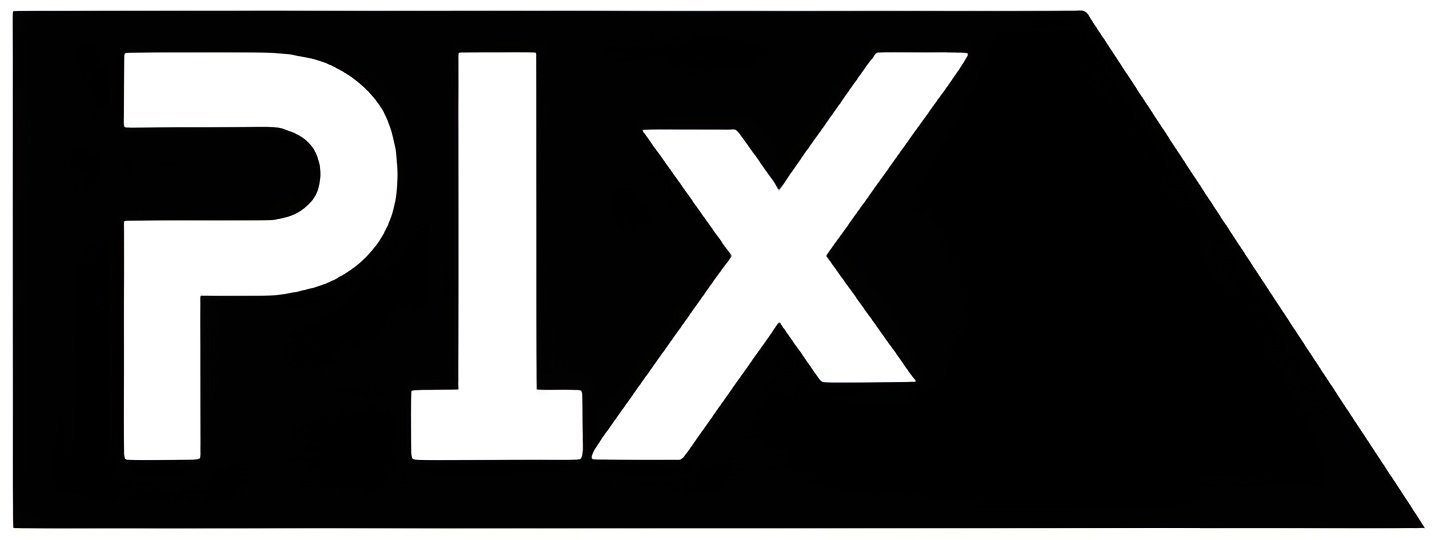It’s a truth universally acknowledged that the current dating scene sucks, no matter what city you live in. Everyone has a story. And everyone has a grievance.
Take Myles Slayton, for example, who completed a banking internship in New York City and saw how he and his friends struggled to find significant others in the city’s ruthless dating scene. “We’re on our phones more than ever,” he told TechCrunch. ”I thought to myself, ‘Why are dating apps terrible?’”
He figured that it must not be a problem with dating apps, per se, but rather the way the product is working these days. Many of the popular dating apps were built with millennials in mind, but his generation, Gen Z, operates in a completely different fashion, he said. It’s a throwback to how dating used to be: People of this generation meet “through mutuals, through people in our social circles,” he said.
He teamed up with friends Willy Conzelman and Carter Munk and just a few months ago launched Cerca, a dating app that matches people with others already in their social circles. The company announced a $1.6 million seed round this summer and already has the people buzzing: The app has around 60,000 users, mainly now in New York and scattered across universities.
The company is part of Startup Battlefield and will show off its tech at TechCrunch Disrupt 2025 later this month in San Francisco.

Slayton, the company’s CEO, said there is a reason Gen Z has retreated to the old ways of dating, and that’s because of the internet and the COVID pandemic. “We simply don’t trust strangers,” he said, adding that people are also deeply afraid of rejection.
Cerca’s product tries to address this. Users create a standard dating profile, sync their contacts, and from there, only friends or friends of friends already on the app are shown as potential matches. “The fear of strangers is eliminated,” Slayton said. All likes are anonymous, ridding the fear of rejection. Users get four swipes a day, he said, in the hope of getting rid of the swiping fatigue and putting more emphasis on choosing a match.
“There is no world where you should be seeing 100 profiles in a minute,” he said. “You should really be taking a second to think about each profile. These are real people.”
The profiles first reveal the friends in common, then the background, and then the photos. “It’s not all just about looks for us,” he said. A user gets a notification that someone has liked their profile, though they won’t know who. The Cerca algorithm will boost the profile of whoever made the like into the feed of the person they’re interested in, who can then decide whether to like them back.
Each evening, matches are revealed, and nobody knows who made the first move.
Having friends in common makes it easier to vet safety, as people can simply text their mutual friends to gather intel on who they are going on a date with. Users can also select which and how many contacts they want to share with Cerca, as well as block certain people from seeing their profiles. “You can also filter out words like dentist, doctor,” he said. “There’s no screenshotting or screen recording. Safety is paramount to us.”
Aside from the online world, the company has also created merchandise and is hosting events.
Slauton said he and his co-founders decided to apply to Startup Battlefield and knew a founder who had participated in the event. “I think it’s such an opportunity to have the U.S. and the world see who we are and to represent dating in a positive light,” he said.
If you want to learn from Cerca firsthand, and see dozens of additional pitches, attend valuable workshops, and make the connections that drive business results, head here to learn more about this year’s Disrupt, held October 27 to 29 in San Francisco.




















































